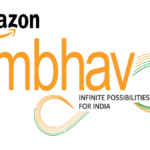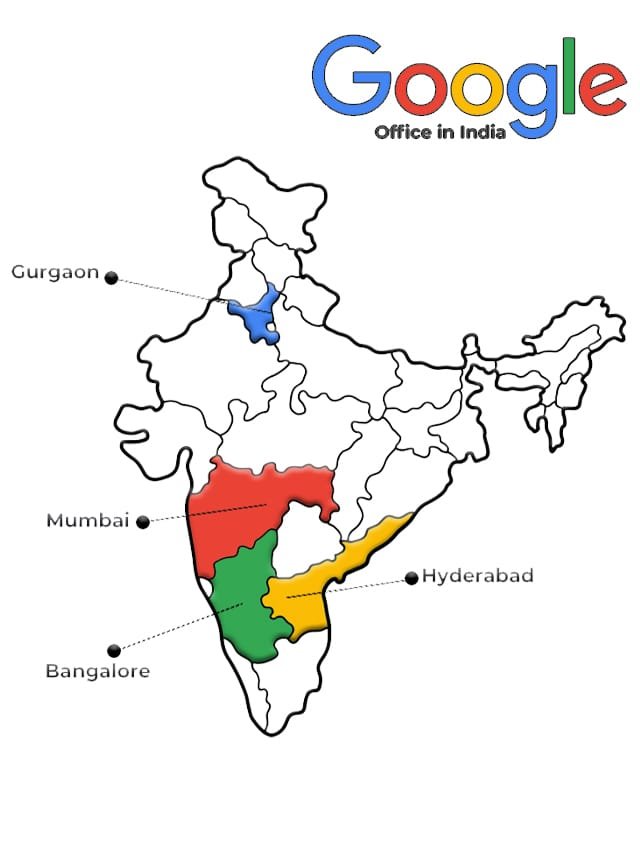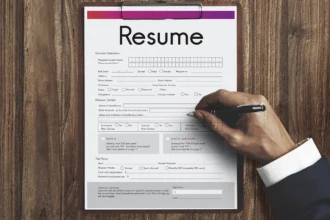Are you eager to enhance your PHP coding skills? Whether you’re just starting your journey into web development or looking to refine your existing skills, effective coding practices are essential. PHP (Hypertext Preprocessor) remains one of the most widely used server-side scripting languages, powering millions of websites and applications. But how can you ensure your PHP code is efficient, maintainable, and secure? In this comprehensive guide, we’ll share 10 invaluable PHP coding tips that will set you on the path to becoming a proficient PHP programmer.
- 1. Understand PHP Basics
- 2. Follow a Consistent Coding Style
- 3. Utilize PHP Functions Effectively
- 4. Embrace Object-Oriented Programming (OOP)
- 5. Use Error Handling
- 6. Optimize Database Queries
- 7. Secure Your PHP Code
- 8. Leverage Composer for Dependency Management
- 9. Write Unit Tests
- 10. Keep Learning and Practicing
- Conclusion
1. Understand PHP Basics
Before diving into advanced techniques, it’s crucial to grasp the foundational concepts of PHP. This includes understanding variables, data types, operators, control structures, and functions. Mastering these basics will provide a solid groundwork for more complex programming tasks.
Why It Matters:
A solid understanding of the basics allows you to write cleaner and more efficient PHP code. It also helps you debug errors more effectively and fosters confidence as you tackle more challenging projects.
2. Follow a Consistent Coding Style
Adopting a consistent coding style is vital for readability and maintainability. PHP offers several coding standards, including PSR-1, PSR-2, and PSR-12, developed by the PHP-FIG (Framework Interop Group). Following these standards will help you write code that is easier to read and understand.
Tips for Consistent Coding Style:
- Use Meaningful Names: Variable and function names should clearly describe their purpose.
- Indent Your Code: Proper indentation enhances readability.
- Use Comments: Comment your code to explain complex logic or decisions.
3. Utilize PHP Functions Effectively
Functions are the building blocks of your PHP code. They promote code reusability and make your codebase cleaner. Use functions to encapsulate functionality and avoid code duplication.
Best Practices for PHP Functions:
- Keep Functions Short: Aim for functions that perform one task well.
- Use Parameters Wisely: Pass only the necessary arguments to functions.
- Return Values: Always return values from functions instead of relying on global variables.
4. Embrace Object-Oriented Programming (OOP)
Object-oriented programming (OOP) is a powerful paradigm that can improve your PHP coding practices. By using classes and objects, you can create more modular and maintainable code.
Key OOP Concepts:
- Encapsulation: Keep data safe within classes.
- Inheritance: Allow classes to inherit properties and methods from other classes.
- Polymorphism: Enable objects to be treated as instances of their parent class.
5. Use Error Handling
Effective error handling is crucial for building robust applications. PHP offers several methods for error handling, including the try-catch blocks and custom error handlers. Implementing error handling will help you manage exceptions gracefully and provide meaningful feedback to users.
Error Handling Strategies:
- Log Errors: Use error logging to keep track of issues in production.
- Display User-Friendly Messages: Avoid displaying technical error messages to end users.
- Validate Input: Always validate user input to prevent unexpected errors.
6. Optimize Database Queries
Database interactions are a common part of PHP development. To ensure your application performs well, optimize your database queries. Use prepared statements to prevent SQL injection attacks and improve performance.
Tips for Optimizing Database Queries:
- Use Indexes: Indexes can significantly speed up data retrieval.
- Limit Data Retrieval: Only select the data you need from the database.
- Utilize Caching: Implement caching strategies to reduce database load.
7. Secure Your PHP Code
Security should always be a priority in PHP development. Vulnerabilities such as SQL injection, cross-site scripting (XSS), and cross-site request forgery (CSRF) can compromise your applications.
Security Best Practices:
- Sanitize Input: Always sanitize and validate user input.
- Use HTTPS: Encrypt data transmitted between the server and client.
- Stay Updated: Keep your PHP version and libraries up to date to protect against vulnerabilities.
8. Leverage Composer for Dependency Management
Composer is a dependency manager for PHP that simplifies the process of managing libraries and packages. Using Composer can save you time and effort when integrating third-party libraries into your projects.
Benefits of Using Composer:
- Version Control: Easily manage different versions of libraries.
- Autoloading: Automatically load classes without requiring manual includes.
- Community Support: Access a vast library of community-contributed packages.
9. Write Unit Tests
Unit testing is essential for ensuring the reliability and functionality of your PHP code. By writing unit tests, you can catch bugs early in the development process and improve your code’s quality.
Unit Testing Strategies:
- Use PHPUnit: PHPUnit is a popular framework for writing unit tests in PHP.
- Test One Thing at a Time: Focus on individual units of code to make testing manageable.
- Automate Testing: Integrate testing into your development workflow for efficiency.
10. Keep Learning and Practicing
The field of PHP development is constantly evolving. To stay ahead, commit to continuous learning and practice. Explore online courses, tutorials, and communities to deepen your understanding of PHP programming.
Resources for Learning PHP:
- Online Courses: Platforms like Udemy and Coursera offer courses on PHP development.
- Documentation: The official PHP documentation is a valuable resource for understanding language features.
- Community Forums: Engage with the PHP community through forums like Stack Overflow to learn from others’ experiences.
10 CSS Tricks to Improve Web Design Effortlessly
Machine Learning Guide: 10 Tricks for Beginners
Conclusion
By implementing these 10 tips, you’ll be well on your way to writing effective PHP code that is efficient, maintainable, and secure. Remember, becoming proficient in PHP programming takes time and practice, so don’t hesitate to experiment and learn from your experiences.
Thank you for taking the time to read this guide! We hope you found these PHP coding tips valuable. To stay updated with more insightful articles, job listings, and internships, join us at CourseBhai.com through social media, push notifications, and newsletters. Happy coding.












